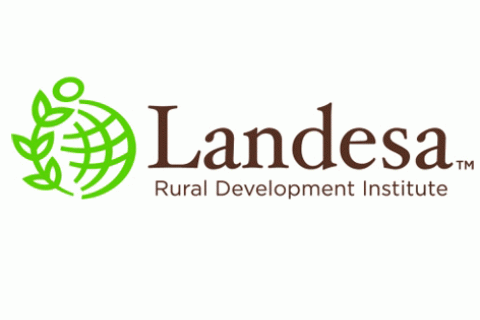
Topics and Regions
Dr Quan has served with the Natural Resources Institute for over twenty years, becoming a member of staff of the University of Greenwich when the Institute joined the University in 1996. During this time he has worked as a development researcher and practitioner, undertaking a wide range of consultancy and applied research assignments for a variety of international clients, including the African Union, DFID, the European Union, FAO, IIED, SIDA, UNDP, UN Habitat, the World Bank and a number of developing country governments. From 1998 – 2003 whilst with the University, Dr Quan was commissioned to work as a Land Tenure and Policy Adviser with DFID (the UK Department for International Development). His previous postings have been with South Bank University's Local Economic Policy Unit, the Food Studies Group at Queen Elizabeth House, University of Oxford (seconded to UNICEF and the Mozambican Government) and with Oxfam, in addition to periods and working in community and housing development work and teaching in Further and Adult Education in inner London.
Dr Quan's work has focused on: land tenure, land rights and land policy; rural territorial development; rural institutions, policy and governance; local economic development; climate change adaptation and mitigation; rural livelihoods, community based natural resource management, development of smallholder agriculture, and rural extension in developing countries, particularly in sub-Saharan Africa and also in Latin America. Dr Quan is a specialist in lusophone countries, speaking fluent Portuguese and working extensively in Mozambique and Brazil. He takes an interdisciplinary perspective in development studies, drawing on perspectives and approaches in sociology, anthropology, geography and political science. He has collaborated extensively with leading researchers in these fields, including Camilla Toulmin and Lorenzo Cotula (IIED), Klaus Deininger (World Bank lead economist), Julio Berdegué (RIMISP, Chile) and Arilson Favareto (a leading Brazilian rural sociologist at UFABC, Sao Paulo), in addition to collaborating with researchers from the Institute of Development Studies at the University of Sussex and from the Programme for Land and Agrarian Studies at the University of Western Cape, South Africa.
Details
Location
Contributions
Displaying 1 - 1 of 1From Commitment to Practice (C2P)
General
The C2P project aimed to support the operationalization of private sector commitments to addressing land rights by working closely with a leading private sector company, Illovo Sugar, to apply VGGT principles to company practice, including and piloting the application of VGGT-based Analytical Framework for Due Diligence of Agricultural Land-based Investments in sub-Saharan Africa (AFDD) in three countries, Malawi, Mozambique and Tanzania. The principal outcomes were: Illovo land champions were selected in each country sensitised and trained on land rights and responsible land investment issues, and in the use of the AFDD tool Independent civil society partners were selected to work in partnership with Illovo staff, and relations of trust and professional collaboration established. A customised tool LandAssess tool was developed for application in due diligence of Illovo’s existing investments, smallholder supply chains and plans for possible expansion, and in monitoring land issues across the company’s operations. This tool uses the VGGT based analytical framework as a foundation and can be adapted and applied relatively easily by other companies to meet their specific needs. Field assessments were made of land rights issues in Illovo operations in Malawi, Mozambique and Tanzania using the LandAssess tool. As a result Illovo is now better equipped to achieve responsible investments across its Operations, and has developed a new land strategy adapted to its different operational sites and supply chains. Illovo has become regarded as a pioneer amongst companies in this respect. A range of learning and dissemination materials were produced and disseminated within Illovo and amongst interested stakeholders, including through a social media outreach campaign Grantee’s products and project documentation The LandAssess Tool, Risk Assessment and Management Framework provides a clear and simple set of checklists that generate a report to help companies assess and manage how they respect land rights. This tool responds to the gap between companies’ commitments to recognize land rights and their ability to give life to that commitment in their operations. LandAssess Tool LandAssess User Guide C2P final narrative report on project achievements and lessons learned Case Study of the Phata sugar growers’ cooperative scheme: a full assessment of the inclusive business model of a major Illovo supplier in Malawi Landesa C2P project blog series: o Forging new partnerships(link is external) o Announcing the LandAssess tool(link is external) - demystifying land risks in project due diligence o One company’s journey to better respect land(link is external)

